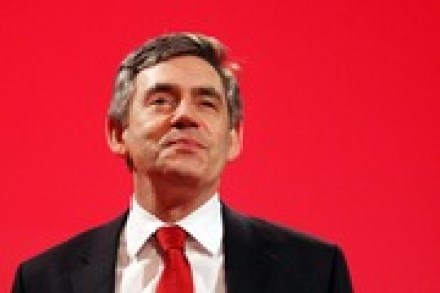Is Brown finished?
“I think Brown’s character, specifically the lack of charisma or warmth will prevent him being able to bring it back. When problems hit Brown will never be able get away with a winning smile and a “I’m a pretty straight sort of guy” or “well, John is John”, he can’t charm he was out of problems, can’t convince people that, whatever has gone wrong, he is fundamentally a decent chap doing his best. Neither has he yet shown any ability to project a vision or purpose for his government that the public can relate to, perhaps in other circumstances that wouldn’t matter, competence would be enough, but to differentiate himself















